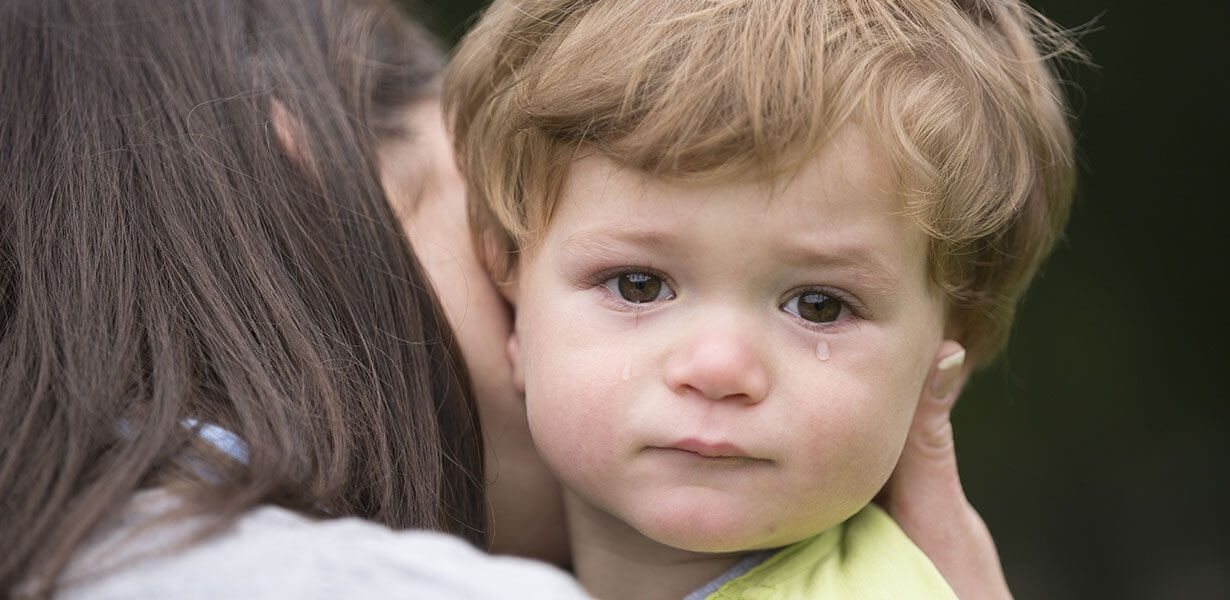Does Bullying in Childcare Exist?

Clare Stewart from Acre Woods in Roseville is there to witness the behaviour and development of children throughout their early years. Although she sees children sometimes get rough and hurt each other, “this can be more about exploration or not being unable to appropriately express emotions, rather than bullying,” Clare says. “It’s not until they get older and learn the power of words, that aggressive behaviour can include exclusion and verbal torment.”
Because we promote effective supervision and programs that emotionally support children, we generally find that bullying isn’t an issue. When their child has been hurt, parents can often act defensively and wrongly label behaviour as ‘bullying.’
“On the rare occasion we see instances of bullying, the 4-5-year-olds have usually witnessed the actions in older children, or have received an empowering response to aggression, such as laughing or prompting,” Clare explains.
Our Protocol
At Guardian, we have a no tolerance policy around bullying. This includes families who may intimidate younger staff members, educators or children. In working to eliminate negative conduct, we provide support to our teams who also participate in discussions around conduct and routines in team meetings.
“We’re skilful in reading when a child is crying out for help or experimenting with changes in their lives,” Clare acknowledges. “By arming our educators with information, they become more competent in addressing difficult situations.”
Response and Training
If we see inappropriate behaviour putting other children at risk, we work with the family and other educators to put a behaviour management plan into action. This may mean seeking outside advice and support to ensure a consistent, age-appropriate approach.
At the same time, we work directly with the affected room – reading stories and reviewing centre rules around our behaviour expectations. Role play can assist older children in working out how their actions make others feel. “Very Mixed Emotions – A Discussion Starter on Bullying in Childhood is a resource we use to help educators and families process the emotions around bullying,” says Clare.
Bullying Behaviour
Clare describes a proactive approach to bullying – “we’re dedicated to dealing with bullying – positively and productively,” she says. If you receive feedback that your child is acting aggressively, the best thing to do is try not to be defensive. By listening to the details surrounding the situation, it’s easier to gain clarity on how to deal with these situations. We’ll take you through the protocols we’ve put in place to frame such circumstances.
Being Bullied
In response to instances of bullying, we work with families to ensure an effective outcome. If a child has been hurt physically, or emotionally, we start a conversation with both families involved. Due to privacy, we don’t disclose who the other child is, but the older children can often identify each other. We practice openness and honesty, staying mindful that bullying behaviour can be harmful on both sides. Describing what to look out for, Clare says, “if your child is suddenly reluctant to go to child care, is experiencing separation anxiety or seems withdrawn – come and talk to us.”
The Effects
Effective action around bullying is critical because the psychological effects can be very damaging. “Our approach is to build up resilience and give children powerful tools to equip them in the face of bullying,” says Clare. If not properly managed, children can become socially scared, nervous or avoidant. They may even suffer depression or begin to exhibit the same bullying behaviour they’ve been on the receiving end of.
We always work with you to put your children first.
To find an early learning centre near you, head here.
Looking for the right Childcare Centre for your Family?
Submit your details and a member of our Concierge Team will be in touch to discuss what you need and how we can help you experience something more than childcare.
We'll be in touch soon.






